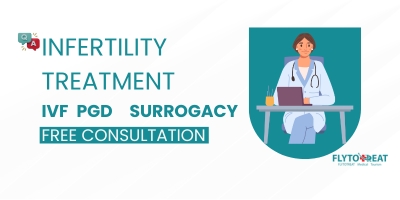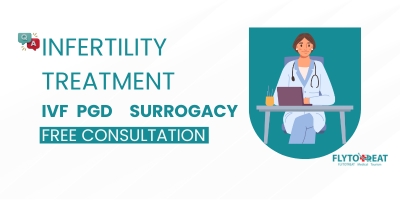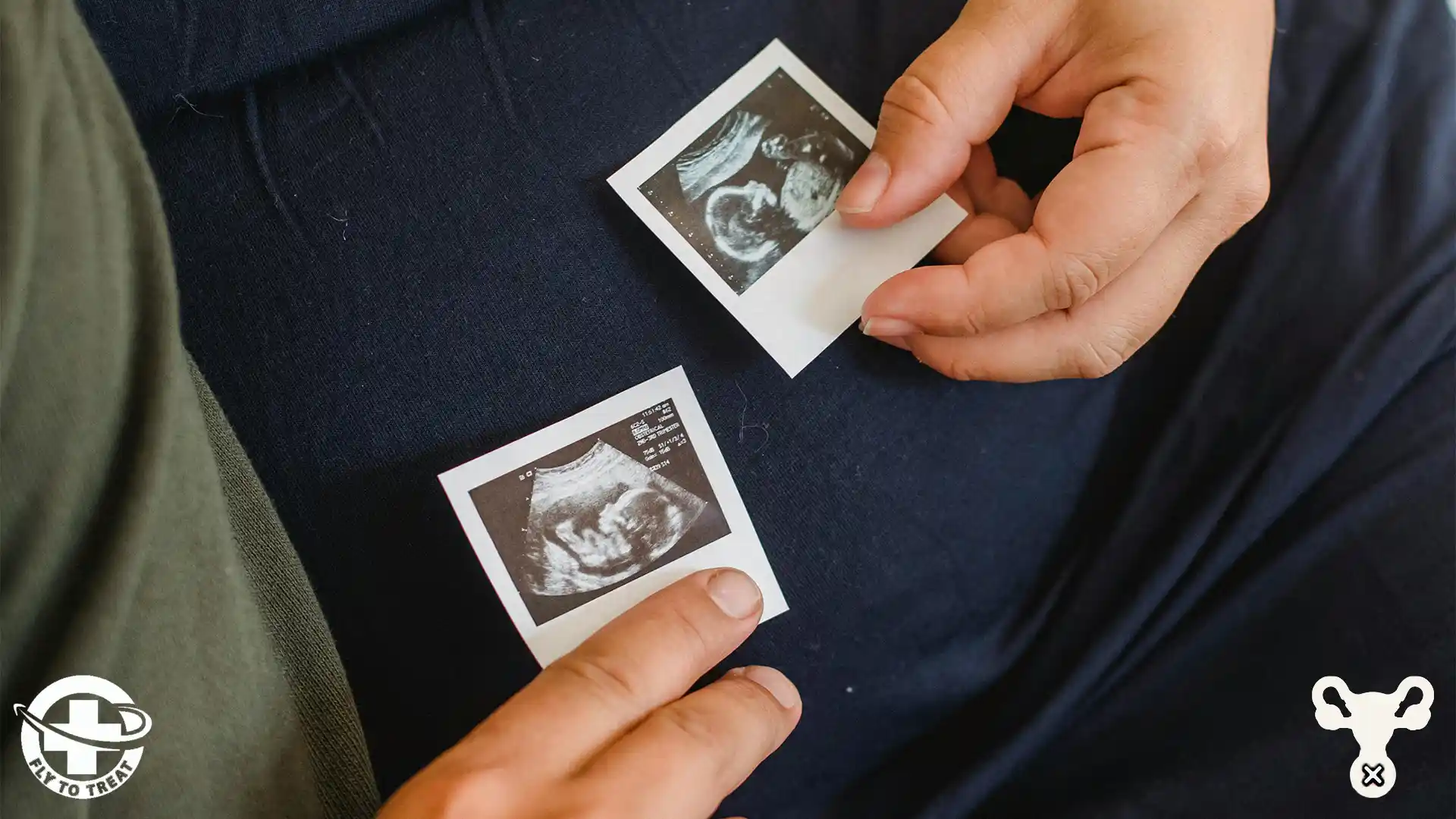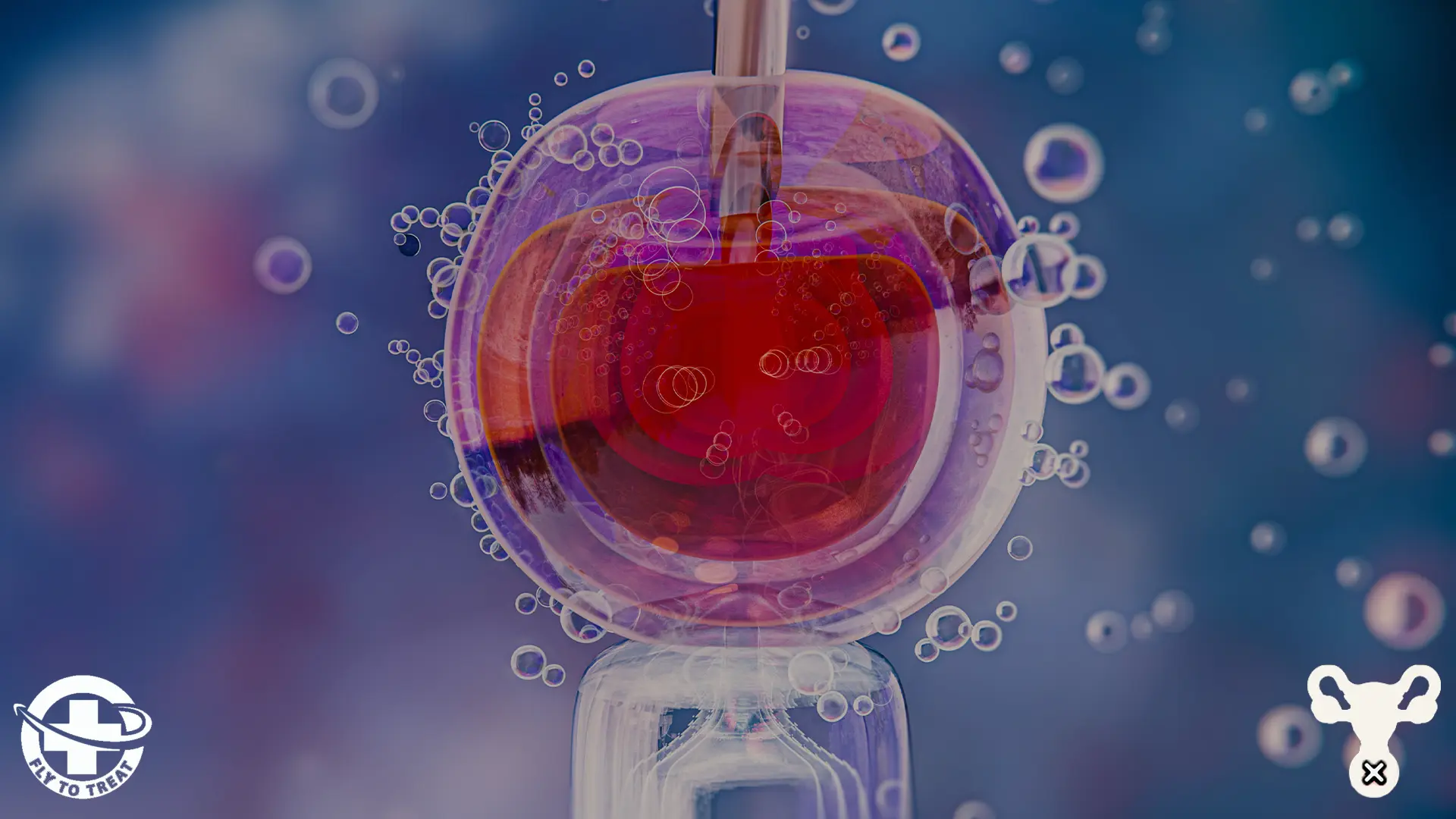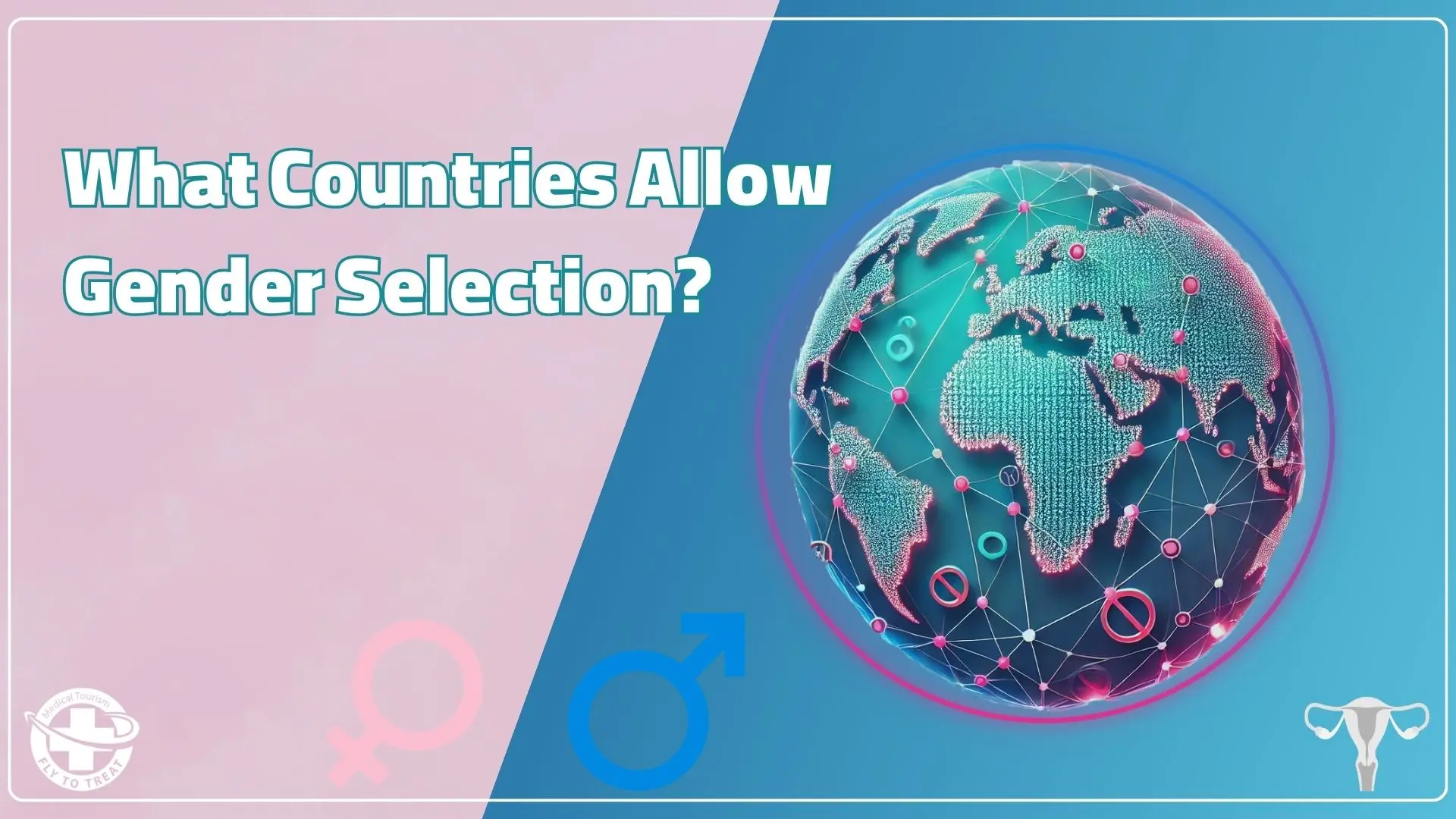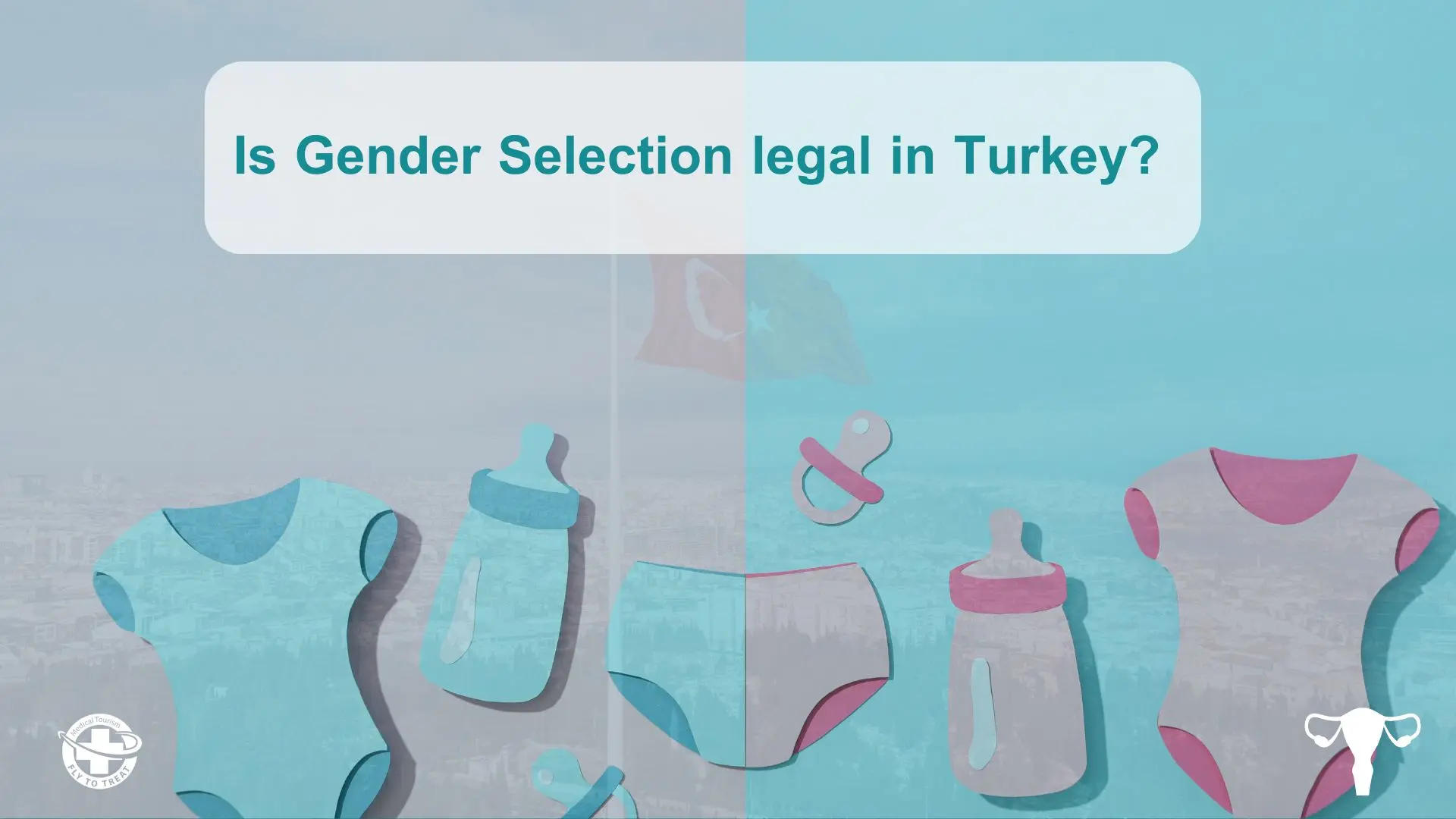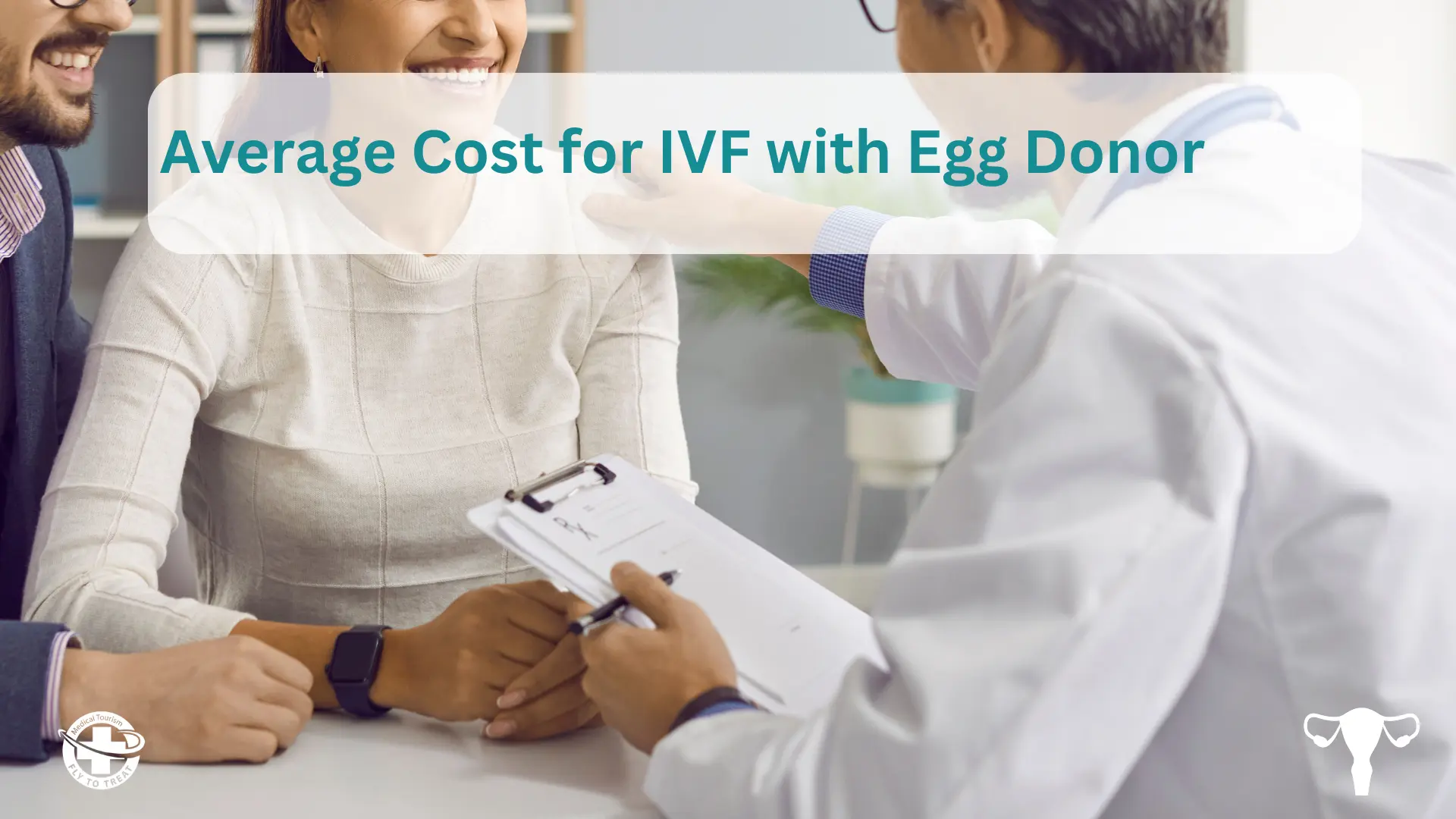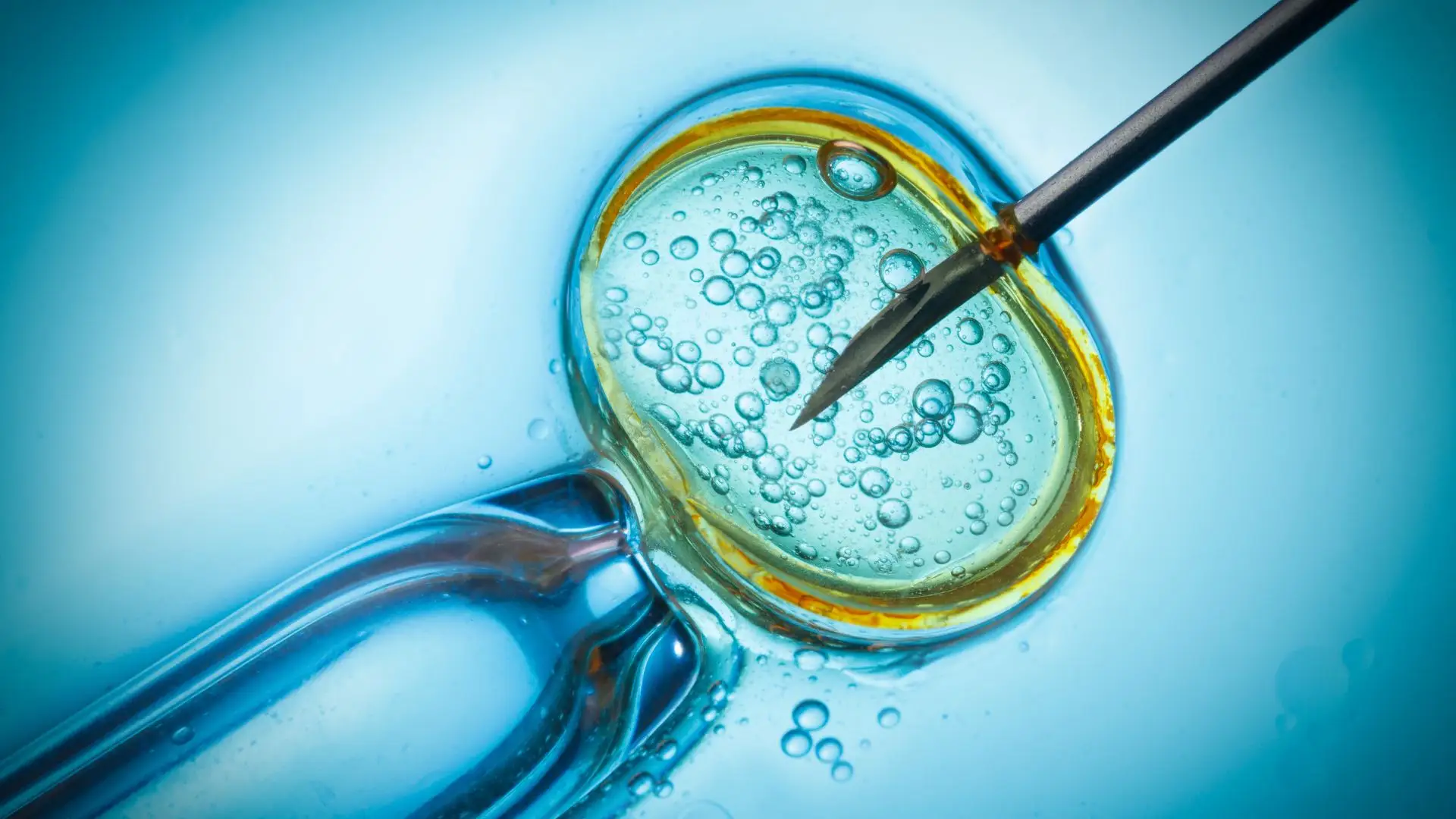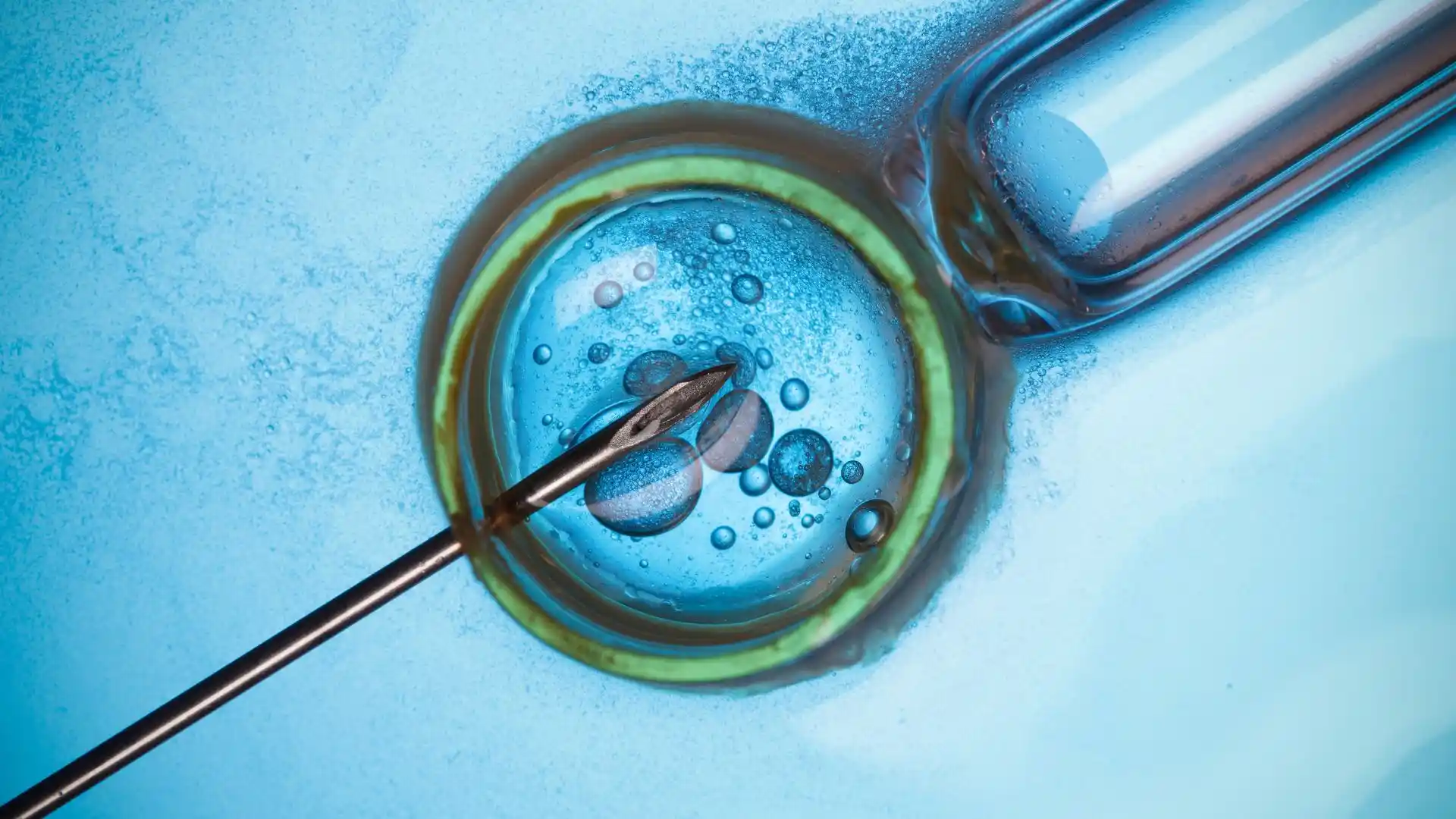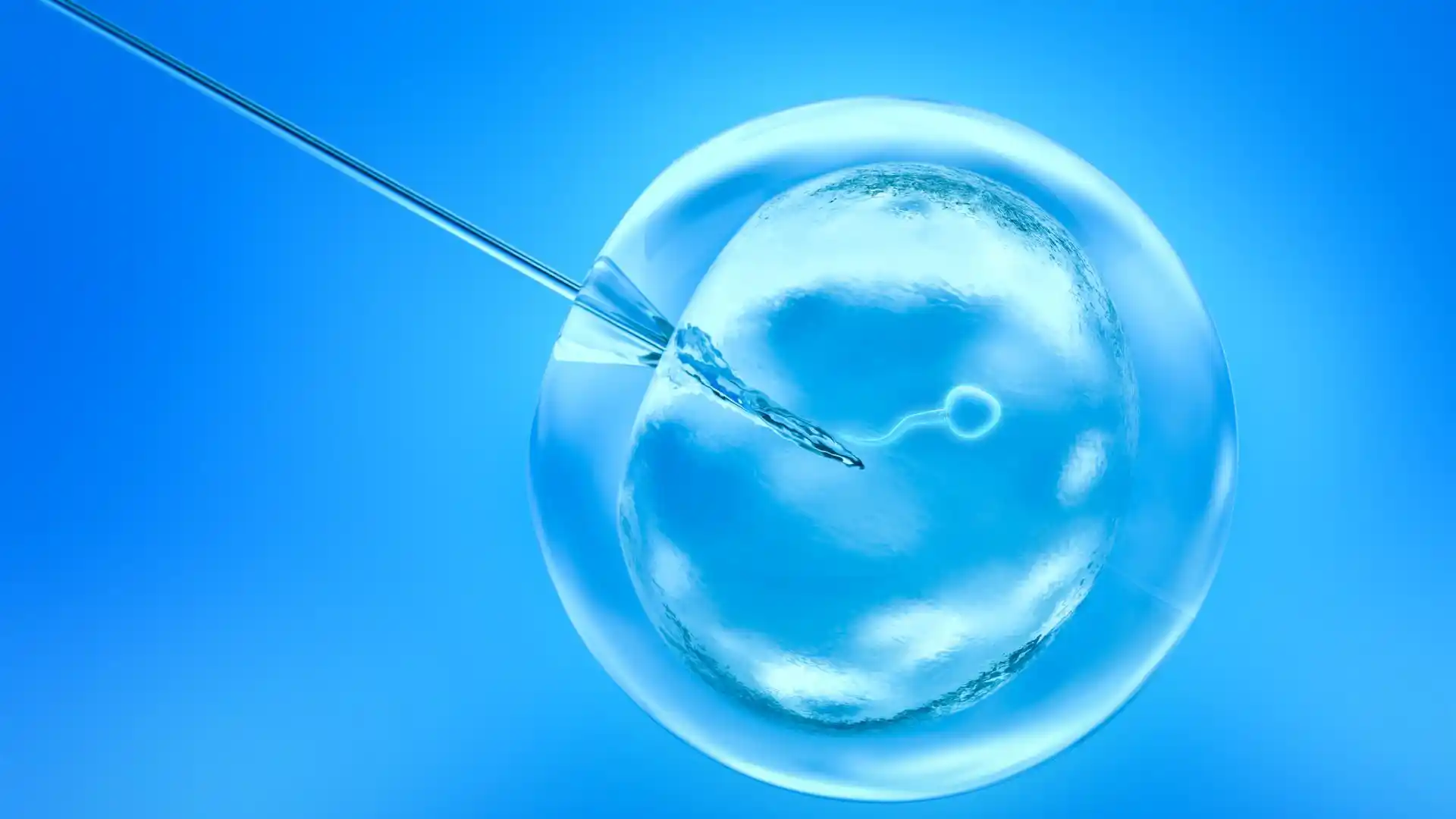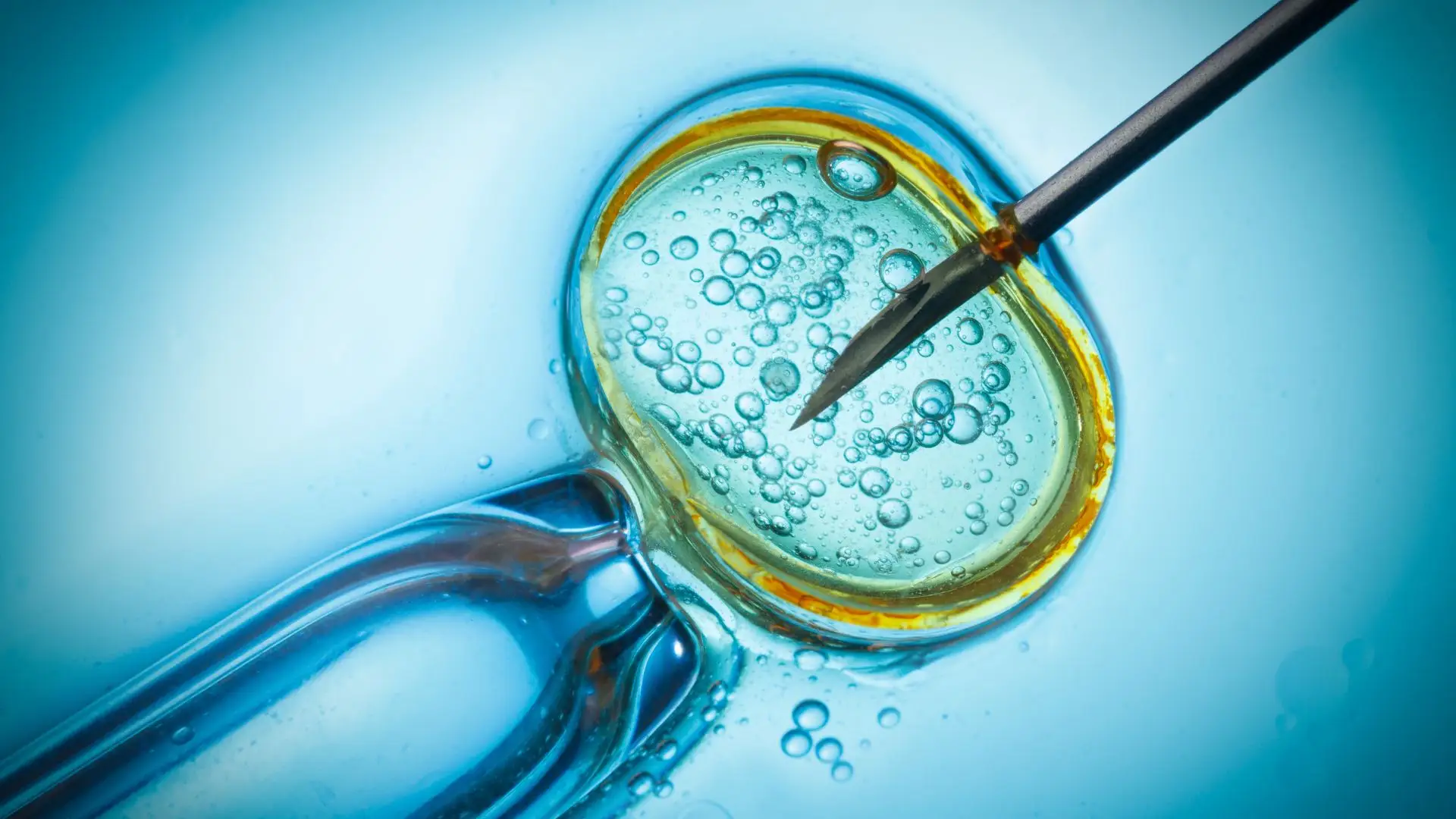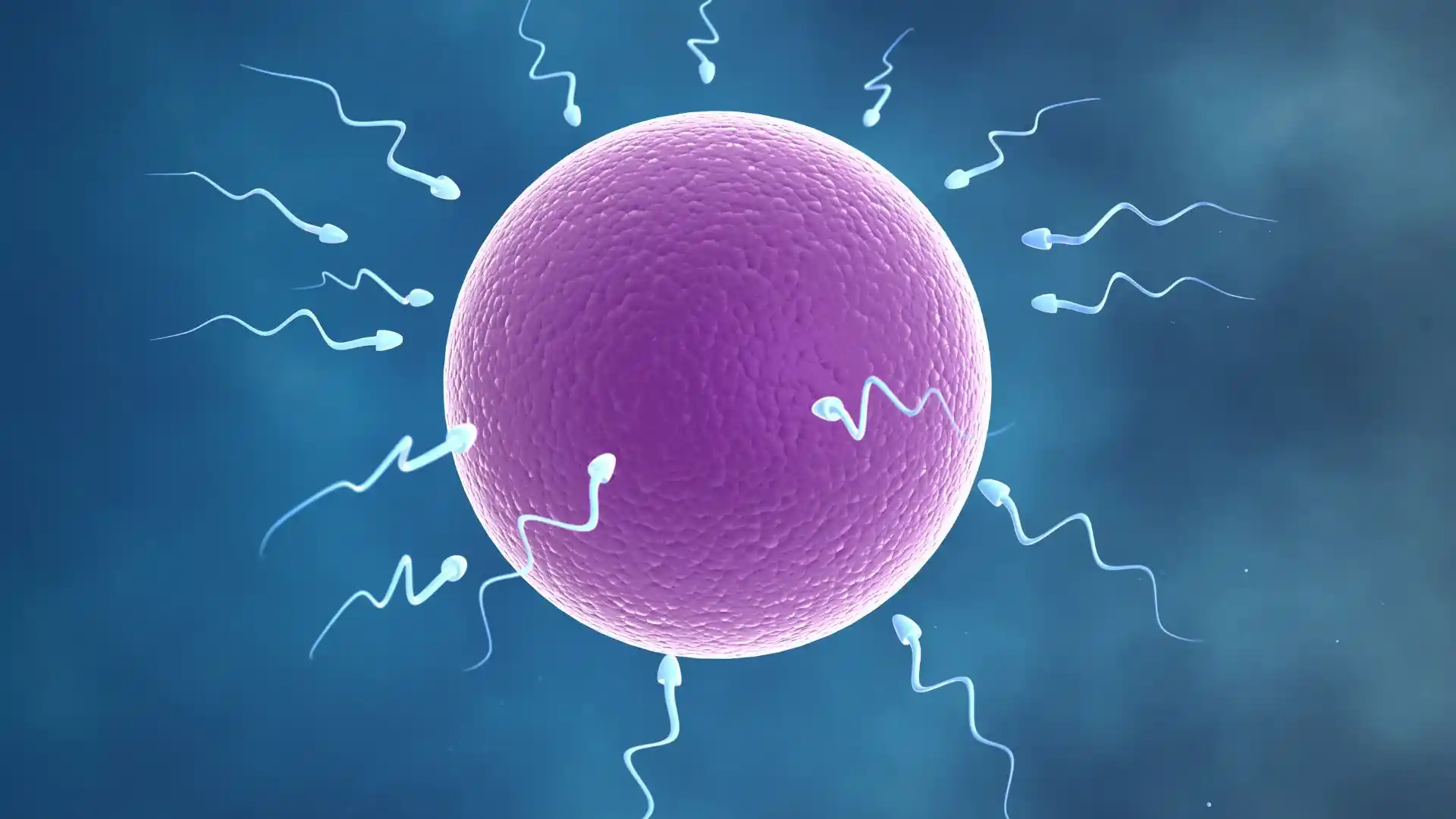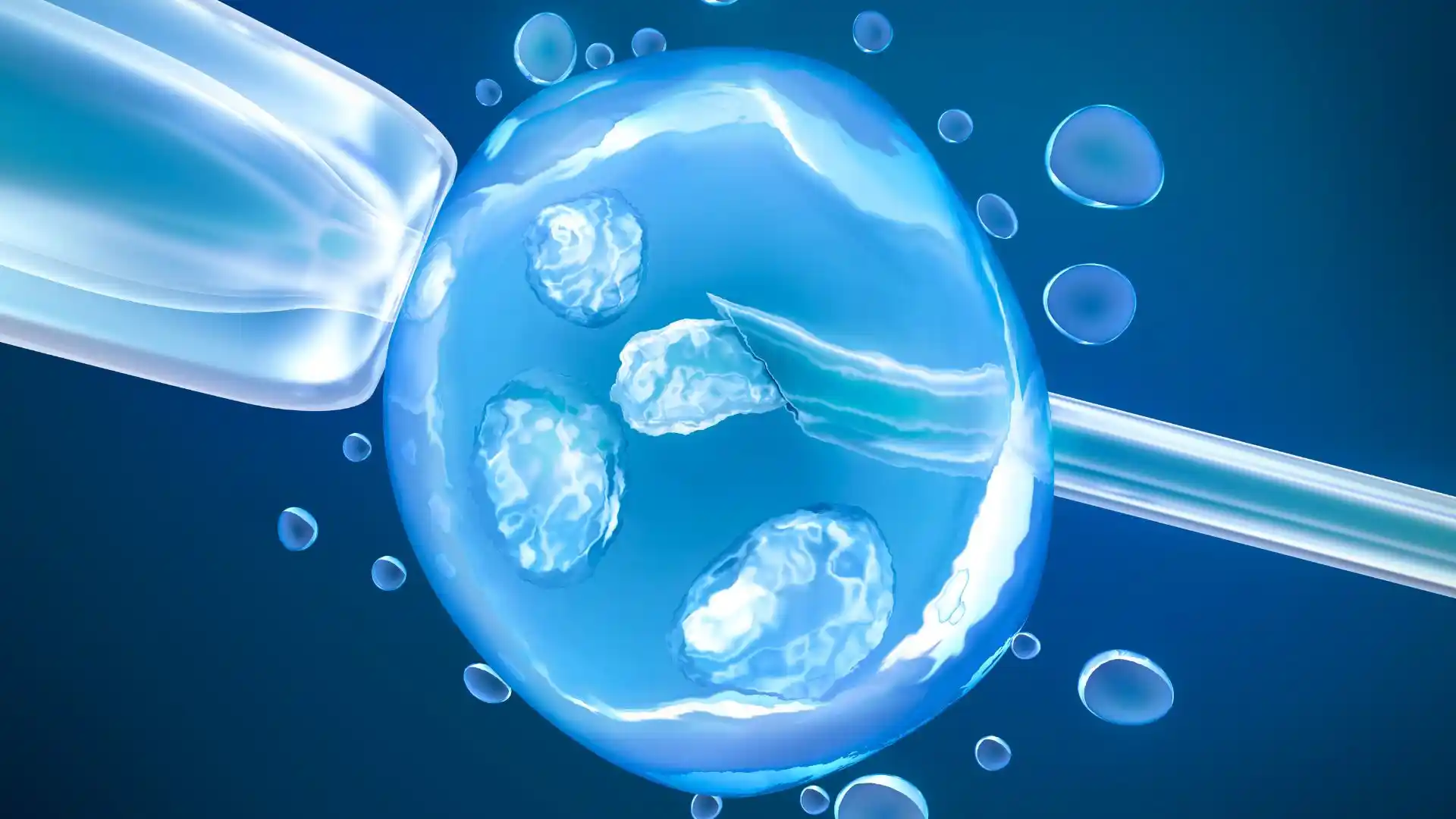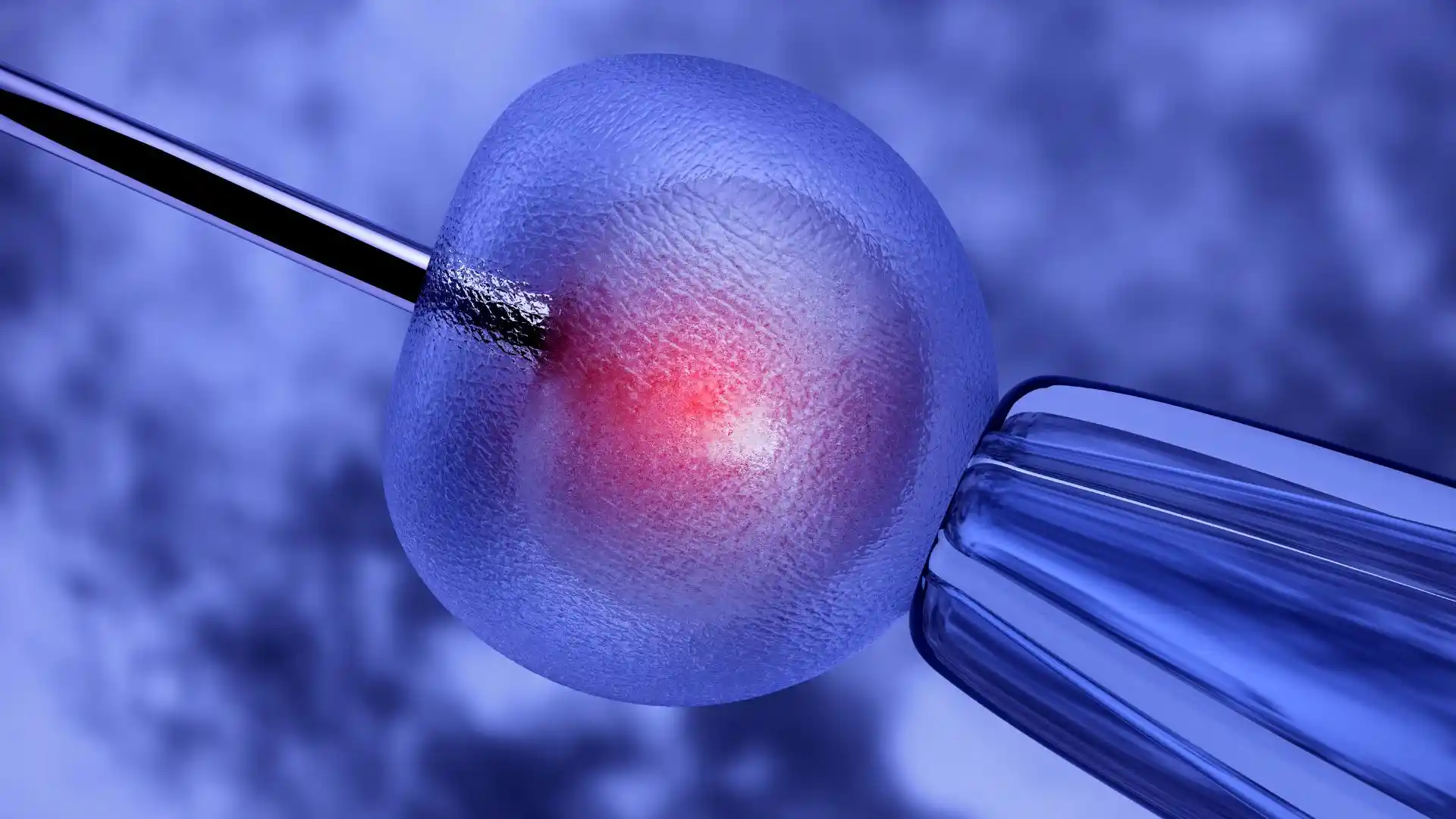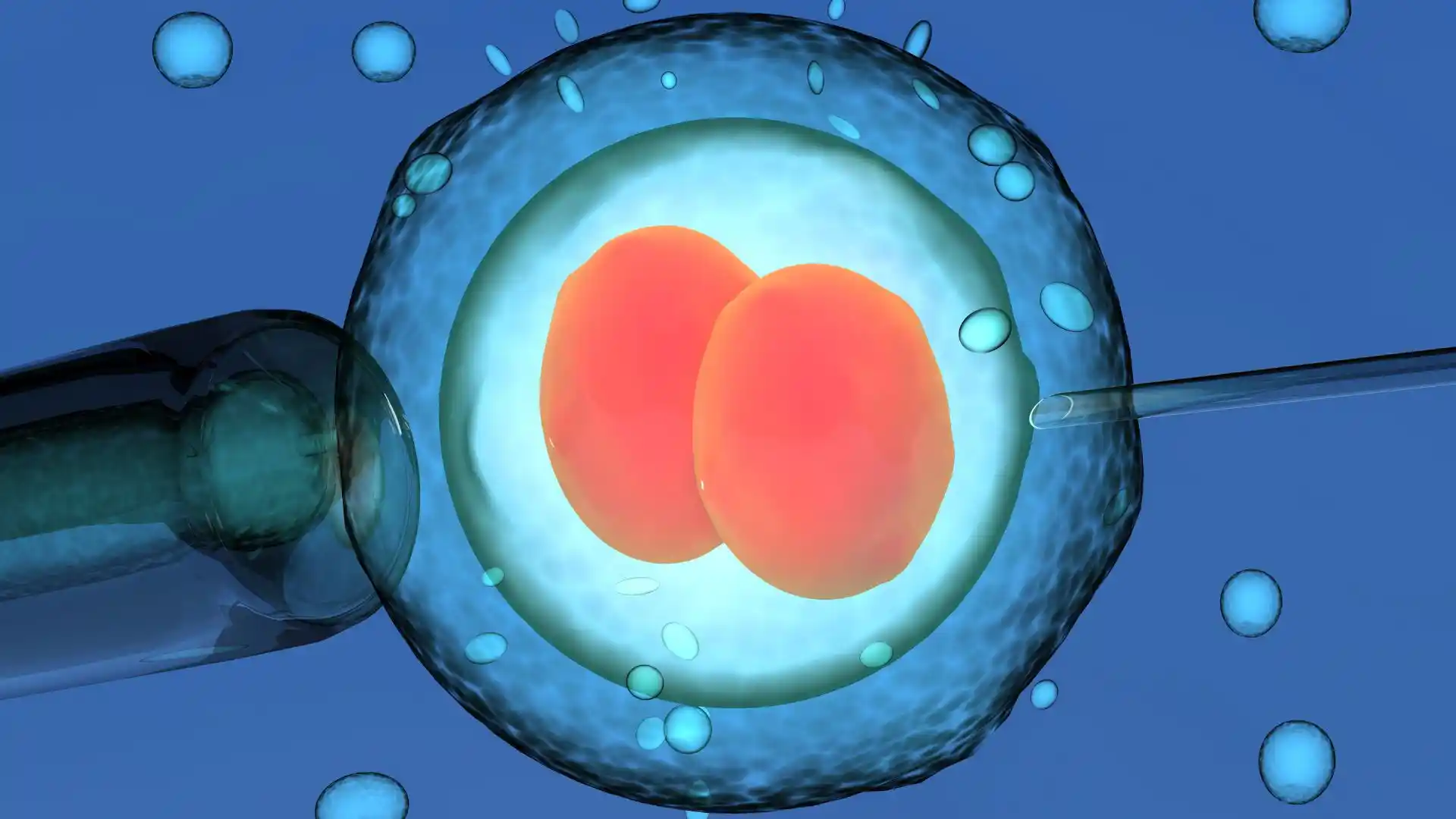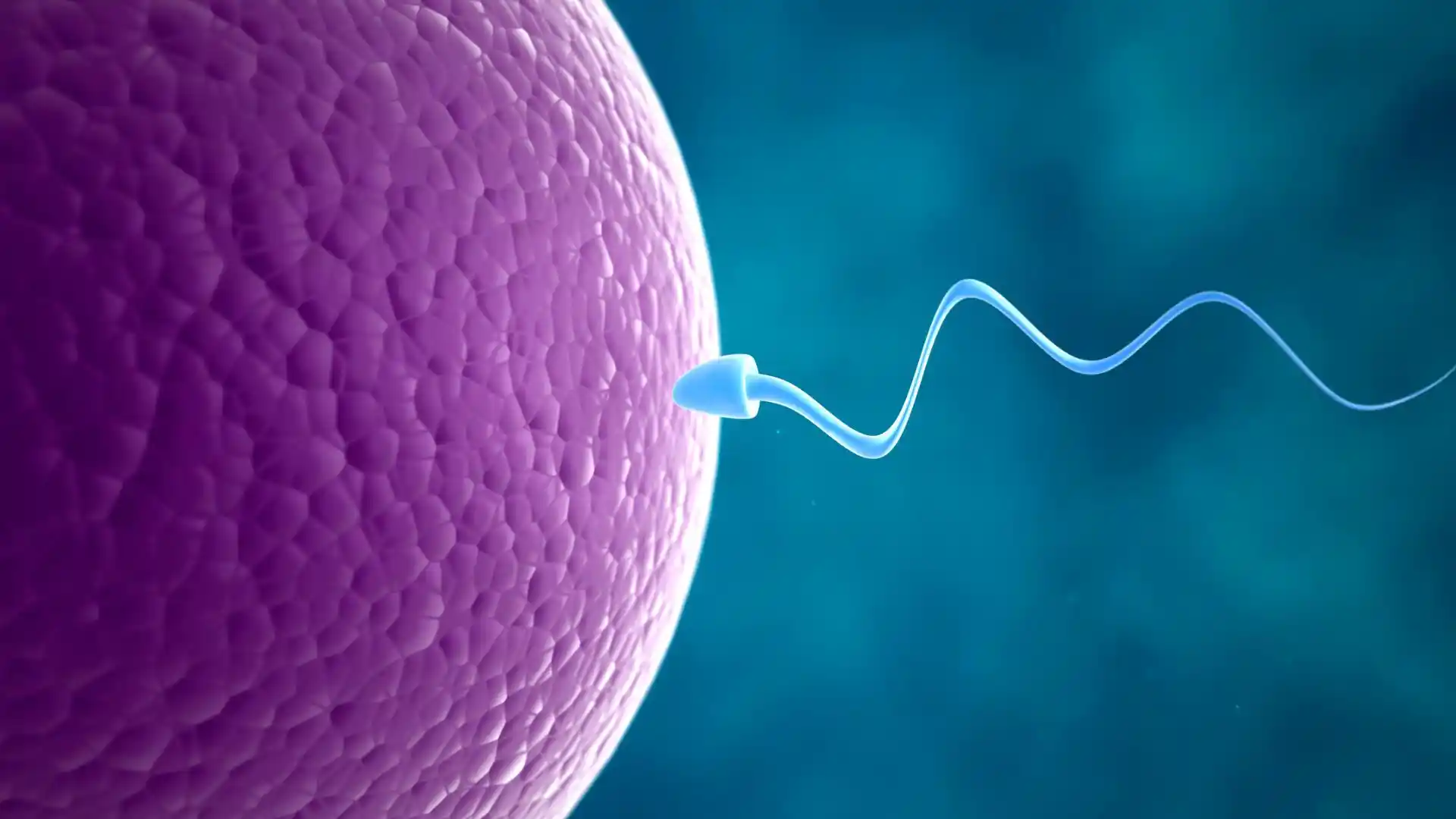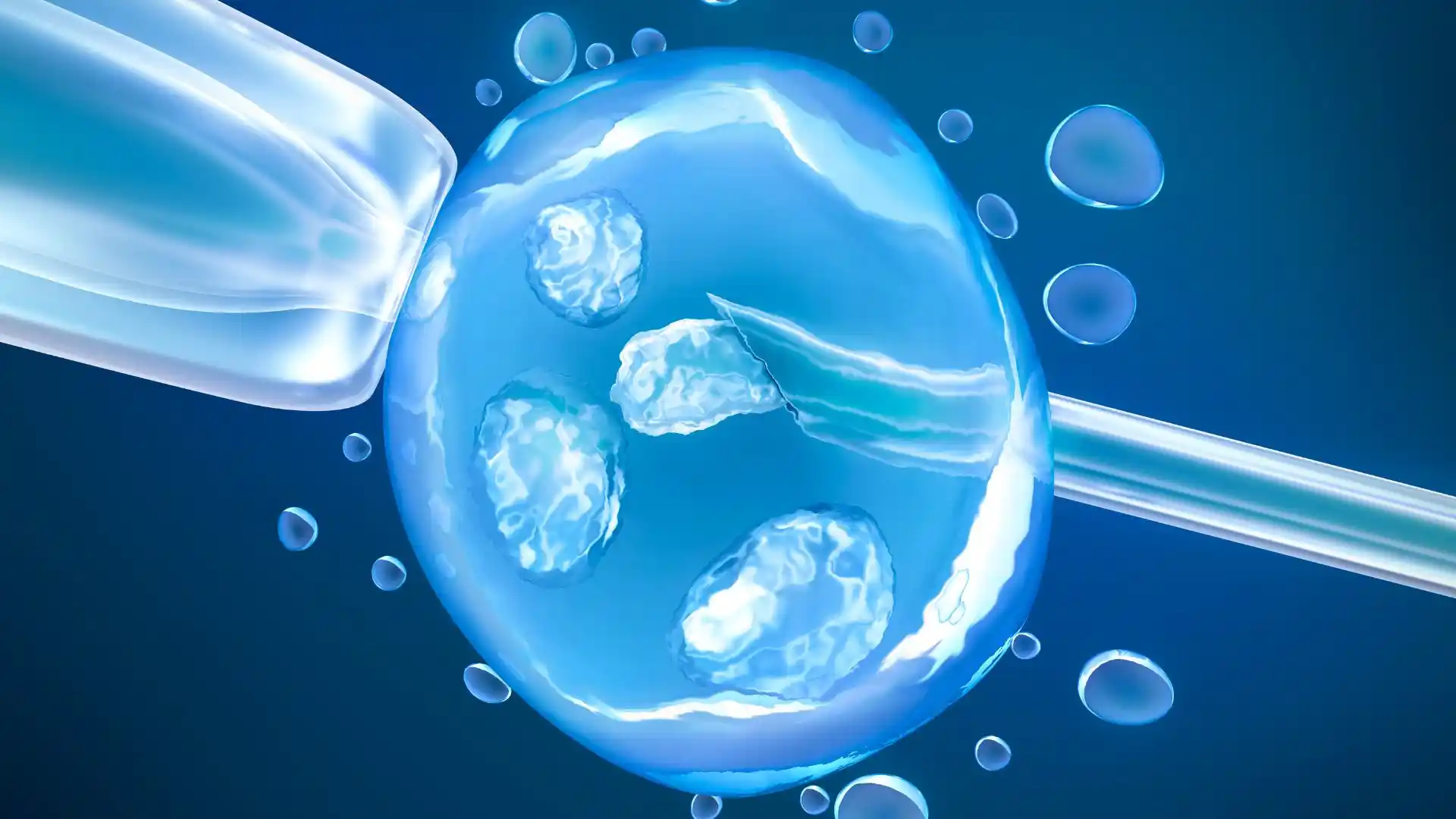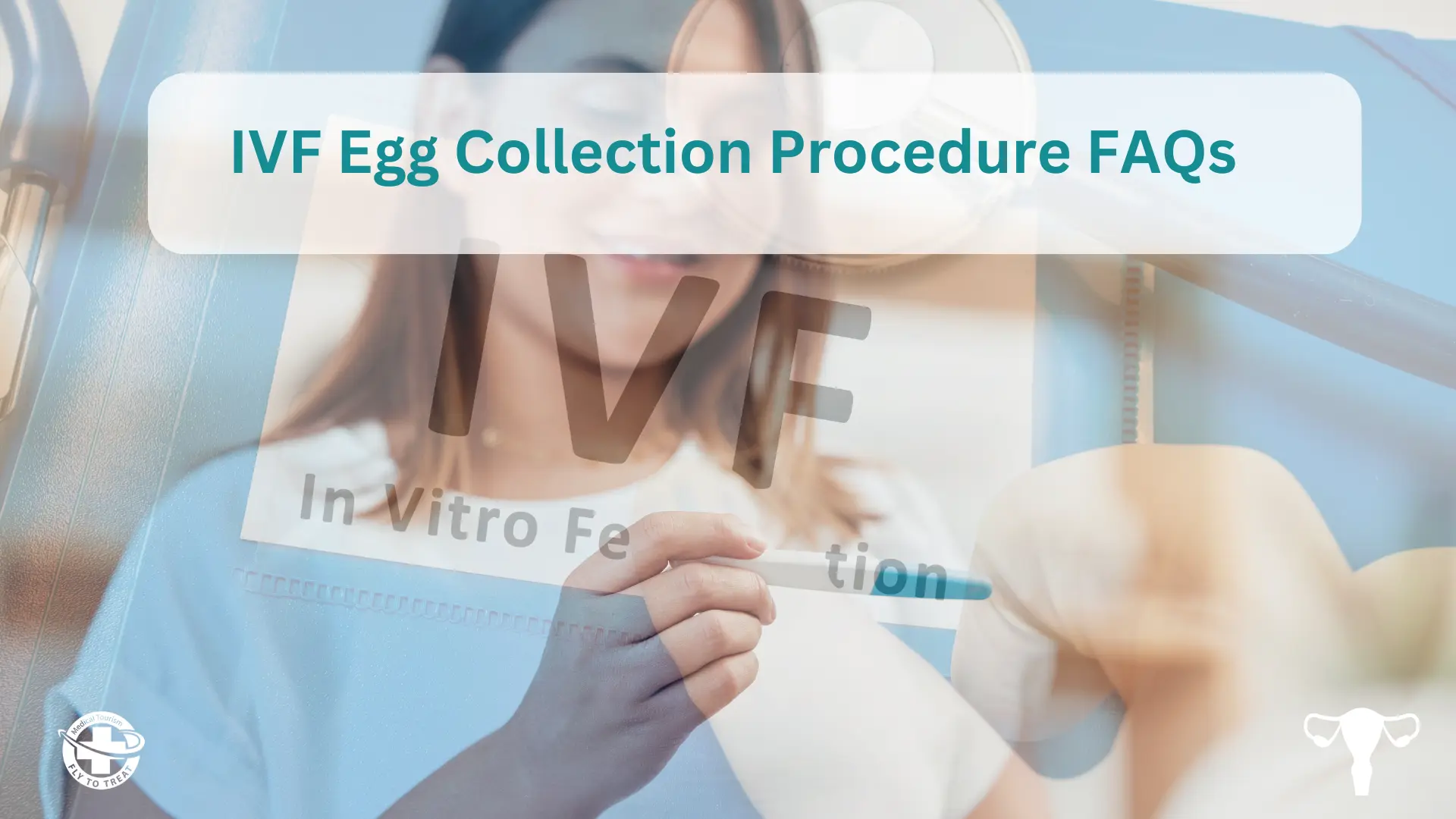
IVF Egg Collection Procedure FAQs
The Egg collection IVF procedure, often referred to as egg retrieval, is a minimally invasive process through which the physician finds follicles by using an ultrasound probe. The eggs are then extracted using a suction device attached to the opposite end of a needle that has been inserted into these follicles through the vagina.
If you and your spouse are waiting for your egg retrieval or collection, you may ask, What is the procedure for harvesting eggs for IVF?. You may want to know what the operation involves, whether you will experience any discomfort, and whether there is anything you can do to prepare for it.
In this guide, we’ll help you find answers to common questions that could come to your mind before the egg retrieval procedure time.
FlytoTreat, as a well-known and reliable medical tourism facilitator, accompanies you during all the treatment procedures, providing you with all the requirements and information regarding the egg harvesting process, making sure you achieve your dreams of parenthood. Need a free consultation for the egg retrieval surgery process and fertility treatment? Click Here
Table of Contents
How is Egg Retrieval Performed?
Egg retrieval is a process that involves taking eggs out of a woman's ovaries in order to fertilize them in a laboratory. This is how the procedure usually goes:
A sedative will be administered to you to help you fall asleep. You will get your vagina cleaned. The doctor will detect your ovaries with an ultrasound after you undergo anesthesia. After that, a needle is inserted into one of your ovaries. The needle is attached to a test tube and a suction device.
The physician will extract the egg and surrounding fluid into the needle after inserting it into a follicle that contains an egg. From the needle, the egg will go to the test tube. Your second ovary and other follicles go through this procedure again.
The process takes between thirty and sixty minutes. After that, you'll be brought to the recuperation area and given a few hours to relax. One to six days later, you will go back to your doctor's office to have the embryos implanted in your womb.
How are eggs collected during IVF?
The egg harvesting procedure in IVF involves several steps:
1. Ovarian Stimulation: They use hormones to stimulate the ovaries for producing multiple eggs.
2. Trigger Shot: A shot of hCG is given to mature the eggs.
3. Egg Retrieval: Under light anesthesia, a needle is inserted through the vaginal wall to collect the eggs from the ovaries using ultrasound guidance.
4. Post-Procedure: The procedure takes about 20-30 minutes, and recovery is usually quick.
You may also want to learn more about: “What is the process of IVF step by step?”
Is it Painful to Extract Eggs for IVF?
No, because anesthesia or sedation is used during the IVF procedure, egg retrieval is a critical and fairly painless stage. Although slight cramping or some discomfort may occur, these symptoms are manageable and temporary.
How Many Eggs Are Good for IVF?
No specific number of eggs can be the ideal quantity for an egg collection in IVF procedures. Your fertility status and the quality of your eggs will determine everything. You can have a successful pregnancy even if you only generate two or three eggs, but they are of high quality, and you are not experiencing infertility problems.
In general, however, women under the age of 38 generally have respectable live birth rates even with just three to six eggs, do better with more than six eggs, and perform best with more than ten eggs. Women between the ages of 38 and 40 and 41 and 42 have fewer egg numbers and low live birth rates. Relatively more egg numbers result in substantially higher success rates in egg collection IVF procedures.
Can My Husband Be Present During Egg Retrieval?
No, your husband or partner is not usually permitted to be present during the oocyte retrieval procedure, but it always depends on the specific clinic and its policies. Some clinics allow partners to be in the procedure room for emotional support, while others may have restrictions due to the sterile environment or the nature of the procedure.
The patient (woman) is usually not conscious during the minimally invasive egg retrieval technique, which is performed under sedation or mild anesthetic. If your spouse is permitted to attend, he will probably be in a special location away from the sterile operating room, where he can provide consolation and assistance without getting in the way of the process.
How Many Days After Egg Retrieval is Embryo Transfer?
The typical days for embryo transfer are three to five days following egg retrieval, depending on the clinic's methodology and the stage of development of the embryo as follows:
- Day 3 Transfer: If the embryo has reached the cleavage stage, which is four to eight cells, it may be transplanted on the third day.
- Day 5 Transfer (Blastocyst Transfer): If the embryo reaches the blastocyst stage, the transfer is carried out on the fifth or even sixth day for improved implantation chances.
Because blastocysts have a higher chance of implantation, doctors usually prefer Day 5 transfers, which allow for better embryo selection, and IVF egg donation step by step. However, depending on the quantity or quality of the embryos, Day 3 transfers could occasionally be advised.
How Long Does Egg Retrieval Take?
The egg retrieval time typically is 10 to 30 minutes, but overall, how long the egg retrieval process is depends on the number of follicles present. While under "general anaesthesia," the egg retrieval process is carried out without intubation. The patient will awaken within 10 to 15 minutes of the procedure's conclusion and won't experience discomfort during the process.
Would you like to read, "Which Country has the Highest Success Rate of IVF?”
Conclusion
The procedure of egg collection in IVF is crucial and quite an easy stage. The sedative used during the egg extraction surgery usually results in little discomfort. Although it could just take 30 minutes, the procedure is crucial to the success of the IVF cycle. Moving forward with your fertility treatment can be made more confident and less stressful if you know what to expect throughout the procedure, how to prepare, and how to address common concerns. For the most significant result, your doctor will help you at every step, from determining how many eggs you need for IVF to determining when to transfer embryos.
FlyToTreat offers comprehensive IVF services, specializing in egg retrieval to help couples achieve their dreams of parenthood. With access to some of the world’s top fertility clinics, we ensure that our patients receive the highest quality care at competitive prices. For free consultation, Click Here.
MEDICALLY REVIEWED BY: Dr. Ali Bazazi
AUTHOR: FlytoTreat's team of Authors
02 March 2025 - Updated At: 17 March 2025
Related Articles
Related Services
Comment

